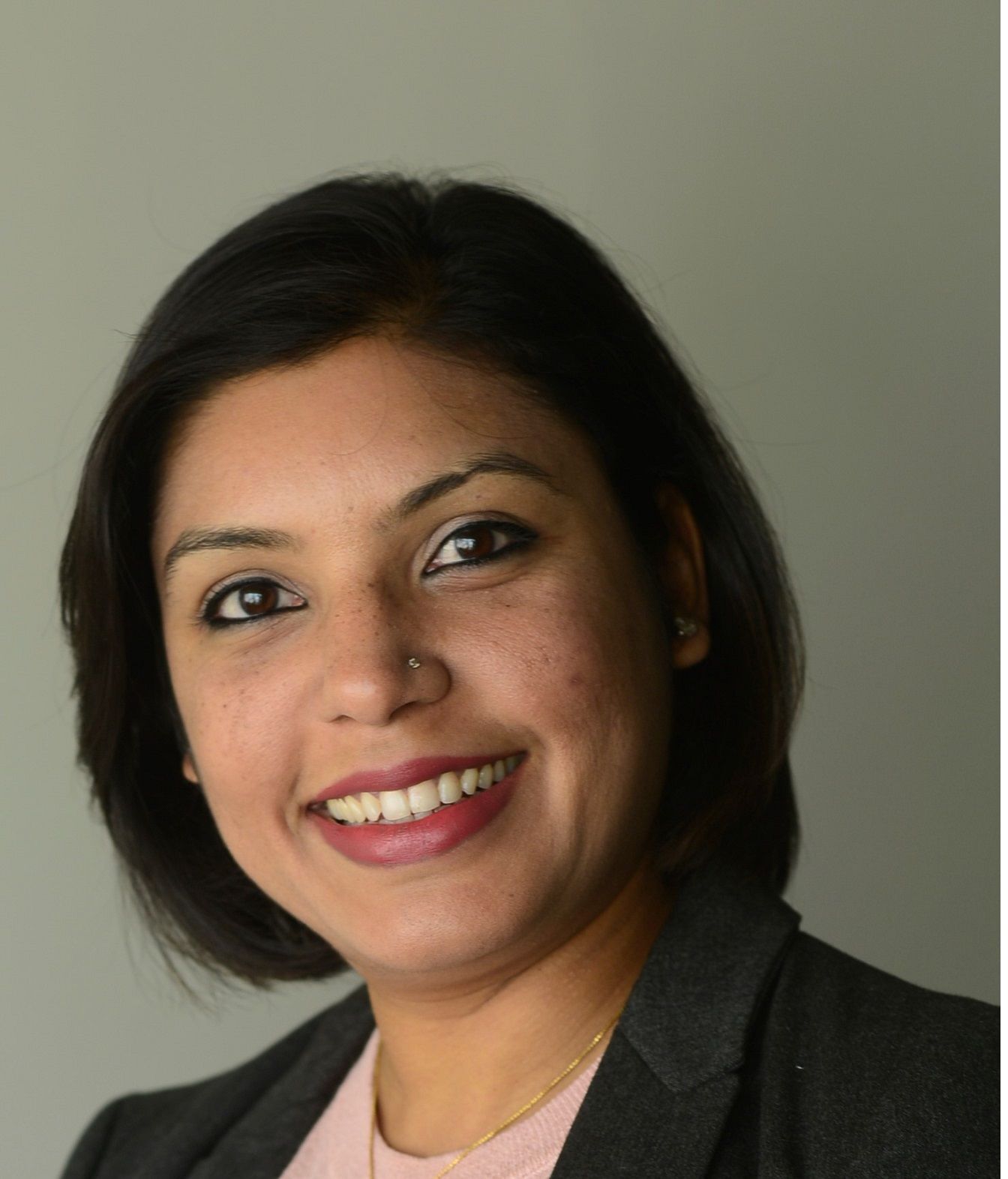Personal Finance News
Are you merely saving or are you investing?

5 min read | Updated on November 06, 2024, 14:37 IST
SUMMARY
Growing wealth is a task that needs more push than just parking your savings. It needs to fight inflation. Inflation or price rise is eating away at the value of your money little by little every year.

To create long term wealth, the post-tax returns on your investment must be higher than the inflation rate.
Ants have a meticulous routine and work hard through the summer to save food for winters. Different species of ants store different food ranging from seeds to honey dew. They carry this food to their shelters and have unique methods of ensuring that the saved food lasts them through the winter.
This anecdote is often used to encourage people to save for the future. Now let’s think a step ahead. What happens next year, when the well-fed ant population rises and needs more food? Some years, the winter could be longer and colder and the ants need to plan extra for such times. Keep a buffer, in a sense.
Ants are lucky. In the human world, things get a lot more complicated. You see, animals are blessed not to have to deal with inflation (and taxes!). Thanks to this one variable called inflation or price rise, for human beings, just focusing on saving is not preparation enough for the harsh realities of the future.
The answer lies in investing wisely to fight inflation and secure your financial future. But what’s the difference really? As long as you are not leaving the money under your mattress or in a locker, aren’t saving and investing the same thing?
Saving is not investing
Saving, if one were to define it, is keeping money aside for a rainy day. Just like the ants do with food for their winter stock. It’s money you need in an emergency or for something certain in the next few months. The money you are keeping aside for such purposes can be put into financial securities which offer some amount of capital safety and stable returns.
Ideally, you can use things like bank deposits, pension funds and low risk debt and liquid fund schemes. While these will help you park your savings, they will not help you grow your wealth towards future financial security.
Growing wealth is a task that needs more push than just parking your savings. It needs to fight inflation. Inflation or price rise is eating away at the value of your money little by little every year. As per the latest published data the annual CPI inflation, impacting you and me, is around 5.5%. What does this mean? Literally speaking, it means that the basket of goods identified by the government as necessary for its citizens to spend on, has become 5.5% more expensive in September 2024 as compared to September 2023. This basket includes various items like food, fuel, housing, entertainment and so on. Hence, today you are probably spending that much more on the same stuff as compared to a year ago. So, your Rs 100 from a year ago is worth roughly Rs 95. If this level of price rise continues for the next 10 years, your Rs 100 will be worth Rs 58.
Inflation will not let your money grow.
As you know post tax returns for bank deposits and other financial securities used to park savings are unable to beat the 5.5%-6% annual inflation in our economy. If that remains the case, over ten years, your money lying in the bank fixed deposit, will not earn enough to retain its original value and in fact, you will lose value. Moreover, the price rise thanks to lifestyle upgrades, education costs and medical expenses is likely to be higher than the 4%-6% annual CPI inflation range.
To create long term wealth, your money has to gain value. This can happen only if the post-tax returns you earn are higher than inflation. For this you need to invest in growth assets like equities and even real estate can help. Real estate is a physical asset that needs a large lump sum amount to begin with, has a lot of documentation and you cannot sell as and when you desire. Equities, on the other hand, need very small amounts of few hundreds even to begin, you can sell when you want and you can even structure regular investments such that you accumulate your investment over time. Historical data shows that money invested in equity markets has beaten inflation over long periods like 10-12 years of holding with a high probability of 75%-80%.
When this happens, there is real wealth creation thanks to returns compounding at a rate that’s beating price rise.
How do you know how much to save and invest
Now that you know, saving is not the same as investing. The next step is to figure out how much you need to save and how much you need to invest. There is no precise split in this matter. Most people when they get their monthly income or revenues from business, will use it immediately to make their monthly spends. Then whatever is left over can be saved. However, the wiser approach is to first note down all those near term and emergency needs for which you have to save; say for school fees, a down payment or overseas travel in six months and so on. Add up this value and break it down into equal parts to be saved every month. Then take another sum of money, as much as you can spare and invest it for your future. In this manner, you are saving some and investing some.
If you already have an emergency fund worth six to nine months of expenses in place, you may not need to save every month. Then that extra amount can also be invested in equities, either directly or through equity mutual funds or other types of managed funds. Automate the process through systematic investment plans, be it for your saving or investing and ensure that you review the portfolio at defined intervals.
Saving your money needs the disciplined and industrious attitude of an ant, but investing it gainfully also needs the patience of a tortoise and the agility of a Cheetah.
By signing up you agree to Upstox’s Terms & Conditions
About The Author
Next Story

